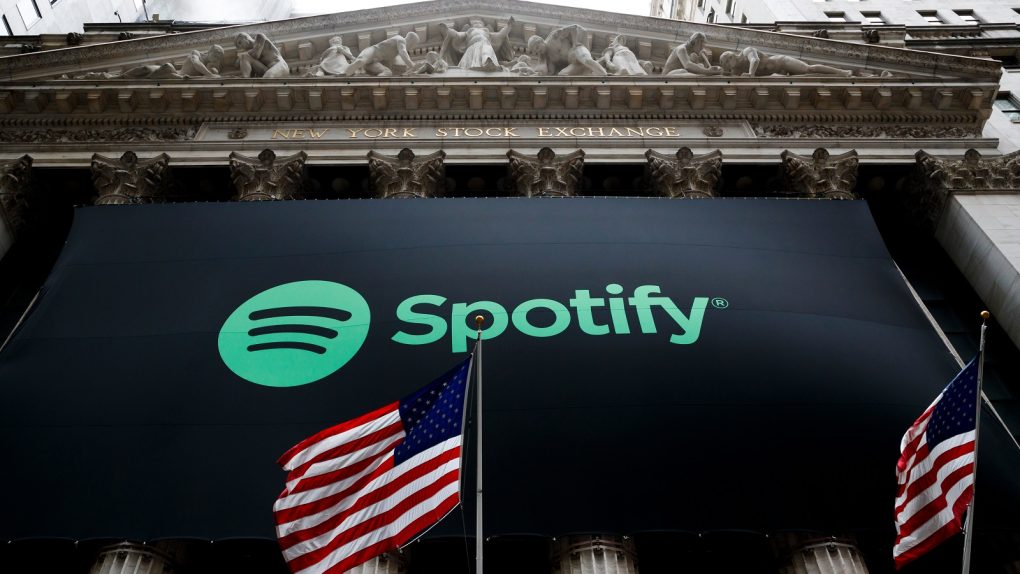Without question, Apple’s launch of the App Store back in 2008 forever changed the way we interact with our phones. The proposition that the App Store offered at the time was incredibly compelling insofar that developers were given access to the entirety of Apple’s iOS user base in exchange for a 30% cut of all revenue earned.
Since then, Apple has doled out more than $120 billion to developers while earning a pretty penny for itself in the process. The mobile landscape in 2019, however, is a lot different than it was back in 2008. These days, developers aren’t as keen on giving Apple a 30% cut off the top and some companies are speaking out about it. What’s more, some companies are not too thrilled with the way Apple manages the App Store in general.
To this point, Spotify CEO Daniel Ek this week published a blog post lambasting Apple’s App Store oversight while arguing that it puts third-party competitors on an uneven playing field. The blog post accompanied a formal complaint Spotify made with the European Commission.
Ek’s post reads in part:
Apple requires that Spotify and other digital services pay a 30% tax on purchases made through Apple’s payment system, including upgrading from our Free to our Premium service. If we pay this tax, it would force us to artificially inflate the price of our Premium membership well above the price of Apple Music. And to keep our price competitive for our customers, that isn’t something we can do.
In light of Ek’s blog post, Apple today fired off a rebuttal. At the core, Apple argues that Spotify is trying to enjoy all of the advantages the App Store provides without making any compromises on its own end.
Apple’s response reads in part:
What Spotify is demanding is something very different. After using the App Store for years to dramatically grow their business, Spotify seeks to keep all the benefits of the App Store ecosystem — including the substantial revenue that they draw from the App Store’s customers — without making any contributions to that marketplace. At the same time, they distribute the music you love while making ever-smaller contributions to the artists, musicians and songwriters who create it — even going so far as to take these creators to court.
Spotify has every right to determine their own business model, but we feel an obligation to respond when Spotify wraps its financial motivations in misleading rhetoric about who we are, what we’ve built and what we do to support independent developers, musicians, songwriters and creators of all stripes.
So we want to address a few key points:
Spotify claims we’re blocking their access to products and updates to their app.
Let’s clear this one up right away. We’ve approved and distributed nearly 200 app updates on Spotify’s behalf, resulting in over 300 million downloaded copies of the Spotify app. The only time we have requested adjustments is when Spotify has tried to sidestep the same rules that every other app follows. We’ve worked with Spotify frequently to help them bring their service to more devices and platforms:
- When we reached out to Spotify about Siri and AirPlay 2 support on several occasions, they’ve told us they’re working on it, and we stand ready to help them where we can.
- Spotify is deeply integrated into platforms like CarPlay, and they have access to the same app development tools and resources that any other developer has.
- We found Spotify’s claims about Apple Watch especially surprising. When Spotify submitted their Apple Watch app in September 2018, we reviewed and approved it with the same process and speed with which we would any other app. In fact, the Spotify Watch app is currently the No. 1 app in the Watch Music category.
Spotify is free to build apps for — and compete on — our products and platforms, and we hope they do.
Apple’s full rebuttal can be viewed over here.








